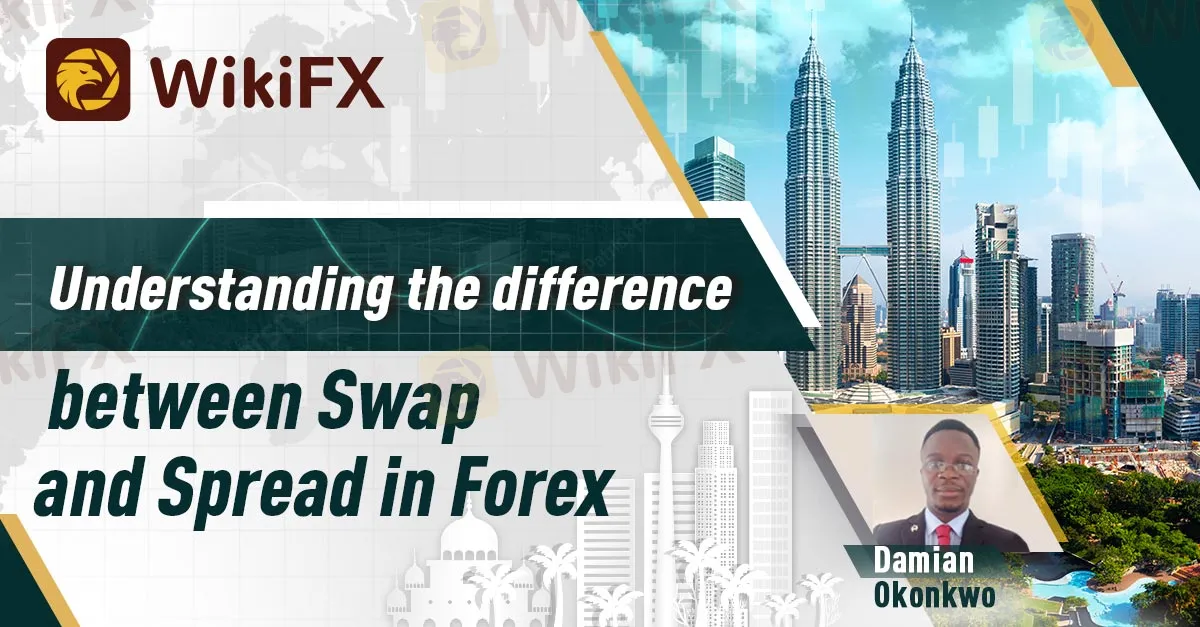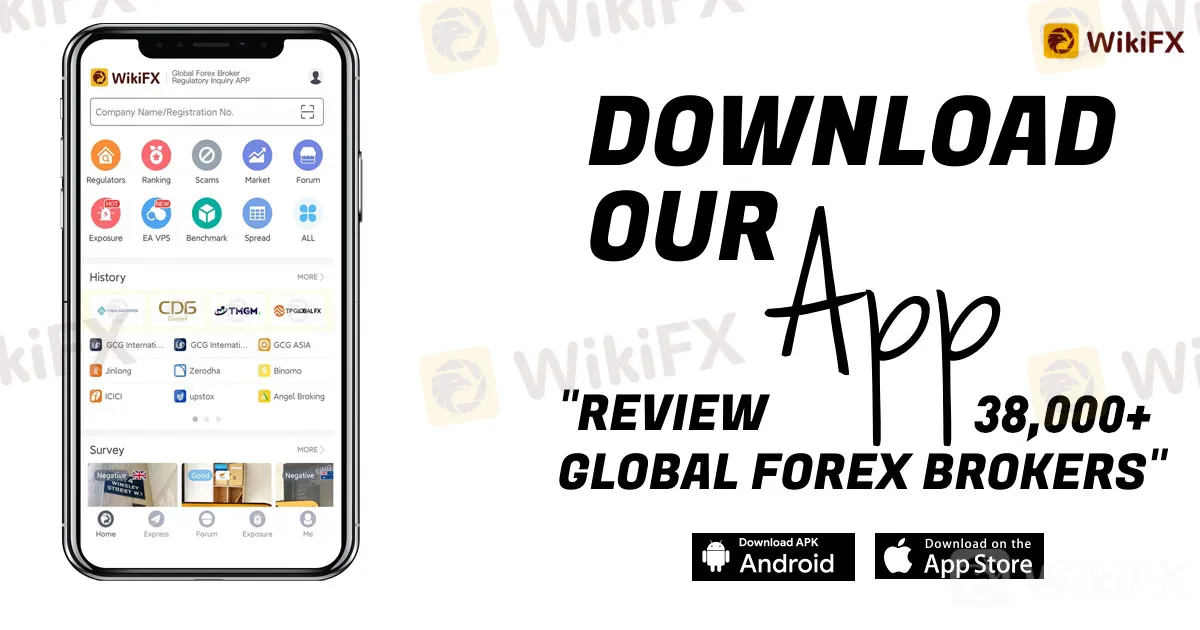简体中文
繁體中文
English
Pусский
日本語
ภาษาไทย
Tiếng Việt
Bahasa Indonesia
Español
हिन्दी
Filippiiniläinen
Français
Deutsch
Português
Türkçe
한국어
العربية
Understanding the difference between Swap and Spread in Forex
Abstract:Spread and swap generally reduce the trader's profits and available margin for trading. Only on a few occasions does the swap come as positive. The spread refers to the broker's commission for services rendered while the swap refers to the cost of holding overnight positions in the market.

By: Damian Okonkwo
What is spread?
The term spread used in forex refers to the difference between the broker's offering prices and the actual market price of the financial instrument they offer to their clients. Spread is the extra costs added to the prices of various financial instruments traded in the market by the broker while offering it to their clients which serves as his commission for services rendered. We can further define spreads as the difference between the bid and ask prices of the various financial instruments traded in the forex market today.
What is swap?
Swap is the cost of holding overnight positions in the market. Usually, some brokers place an additional cost on the trader's position when he leaves his position open at the close of each market day. The swap charges could be positive or negative depending on the interest rate for the currency pair traded.
Major difference between Swap and Spread
| Swap | Spread |
| Cost for overnight positions | Broker's commission for each position taken. |
| Could be positive or negative | Always negative |
| Depends on the interest rate of the pair traded | Depends on the type of instrument traded |
| Keeps increasing based on the number of days the position is held. | Charged once when the position is opened |
How do swaps and spreads affect the trader's position in forex?
Generally, both the spread and swap affect the trader's position negatively. Only on a few occasions does the swap come as positive. Aside from these rare occasions, both the spread and swap are known to reduce the trader's profits and available margin for trading.

Disclaimer:
The views in this article only represent the author's personal views, and do not constitute investment advice on this platform. This platform does not guarantee the accuracy, completeness and timeliness of the information in the article, and will not be liable for any loss caused by the use of or reliance on the information in the article.
Read more

Risk Involved with Cabana Capital – Every Trader Should Know
Cabana Capital has changed its name and logo, basically everything about its identity. This seems a bit suspicious, and it's something you should definitely be concerned about. In this article, you’ll learn about the red flags that every trader needs to watch out for.

CME International Records a Massive Jump in Forex Volumes
CME International recorded a record surge in its foreign exchange trading volumes during the second quarter. Check out its performance across products and markets.

Scam Brokers Exposed! FCA Warns Traders to Stay Safe
If you are into forex trading, you need to protect your money from investment scams. Many scam brokers are active in the market now. The FCA, a reputed financial regulator, has issued a list of unlicensed brokers you need to stay away from.

New to Forex Trading in India? Here's How You Can Start and Maximize
Want to begin your forex trading journey in India? Here's a guide that will help you open and close trading positions effectively, resulting in enhanced returns and minimized risks.
WikiFX Broker
Latest News
Alchemy Markets Review 2025: Key Facts and Insights
Largest Market Makers
Temasek's portfolio scales new peak even as divestments hit over 2-decade high
Exposing Trade Capital Limited - Siphoning Millions, Restricting Withdrawals, Charging Extra Fees
GMI Edge: A Closer Look at Its Licenses
How Do I Place a Stop-loss Order?
5 Serious Warnings About Mirrox! You Can’t Afford to Ignore
FXPRIMUS: 5 Things They Don’t Want You to Know
Manual vs. Automated Forex Trading: Which One Should You Choose?
Mining firms lift FTSE 100 to record high after Trump confirms 50% copper tariff
Currency Calculator


